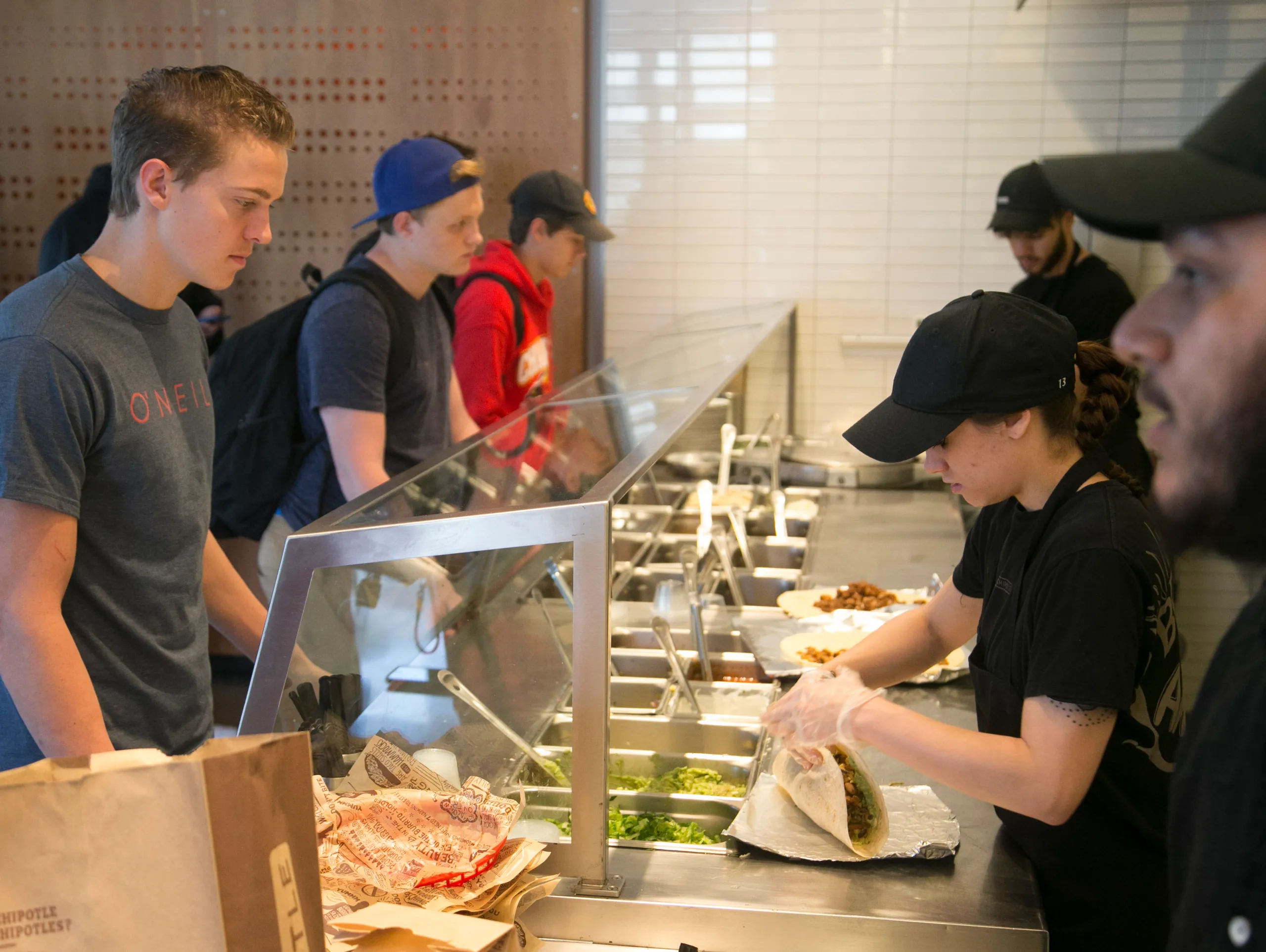Generation Black TV - Live
Gen Z Aren’t Interested in Restaurants and Fine Dining
Out of every generation, Gen Z is the least interested in heading out to fancy restaurants
Most restaurateurs assume that members of Gen Z are simply the miniature version of millennials regarding their life goals and hobbies. And, it’s easy to fall into that frame of thought when both of them were the generations that grew the closest to technology.
Millennials disrupted the restaurant industry and forced it to grow and evolve in ways we all enjoy today: cleaner ingredients, more fast-casual options and higher-quality experiences as part of the restaurant. Comparatively, Gen Z’s habits have been overlooked for the past years, as many of them were still young children until recently. But, as the years go by, what’s become apparent is Gen Z are nowhere near as interested in fine dining as millennials and baby boomers.
Unlike older generations, Gen Z has shown less brand loyalty to restaurants and companies and historically prefer spending their limited budget on dining at fast-casual and fast-food restaurants. They also forgo the formality of clothing and in exchange for places where they can hang out for long hours and spend time with their friends. Fast-casual offers a particular ambience, freuqnely changing menus and on-the-go customers who need something fast. For Gen Z, the food is preferably high-quality, self-service and offers dishes prepared to order—picture Greggs, Pret a manger, Wimpy, etc.

© Taco Bell
Gen Z is considered an unstable generation, not because of their personalities but because of the realities they had to face at a young age: the pandemic, war, and economic recession. They are used to changing a lot and adapting. The pandemic forced many restaurants to take a fast-casual approach toward food delivery and develop dark kitchens, which is likely to have impacted Gen Z’s approach to eating out.
Restaurants denote high prices, formality, servers, reservations and other unspoken rules in exchange for a premium, top-quality service, ingredients, and food. Whereas Gen Zers are pragmatic when it comes to money, quality of service, and social aspects. They are attracted to food services that are organic, locally sourced, and ethically responsible when it comes to their ingredients. They want a place where they know what to eat and where it was found. And, while they are willing to pay more for that, in many towns, it’s hard to find.
These statistics regarding Gen Z will undoubtedly change in the coming years. And, as their spending power increases, so might their interest in fine dining. But, for the time being, they’d instead settle for McDonalds or Chipotle.


